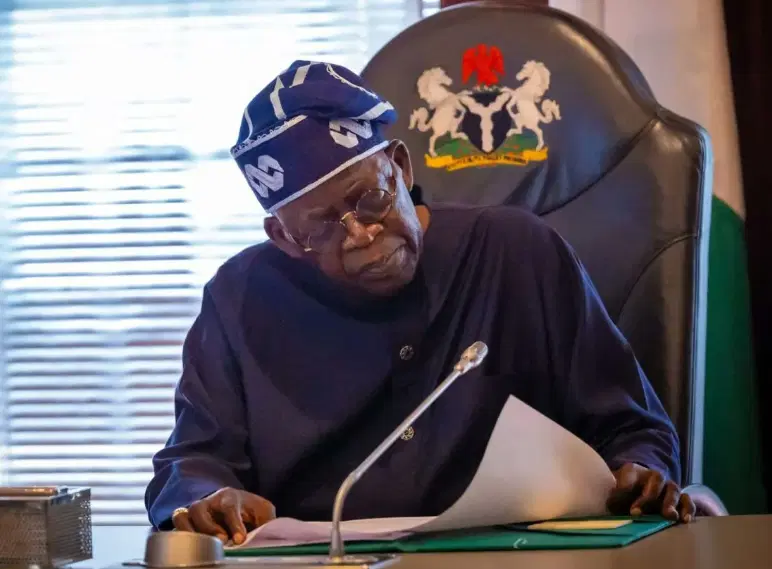In a surprising move, President Bola Tinubu unveiled a cabinet reshuffle that saw significant changes, including the removal of six ministers and the redeployment of ten others. This reshuffle is part of Tinubu’s efforts to accelerate his Renewed Hope Agenda.
Ministers Removed and Redeployed
The six ministers who lost their positions include:
- Prof. Tahir Mamman – Education
- Uju Kennedy Ohanenye – Women Affairs
- Mohammad Gwarzo – State, Housing
- Jamila Ibrahim – Youth Development
- Lola Ade-John – Tourism
- Betta Edu – Suspended Minister of Humanitarian Affairs
Despite her removal, the government has not officially clarified the status of Betta Edu.
New Ministerial Appointments
In addition to the reshuffling, the president nominated seven new individuals for ministerial positions, whose names have been forwarded to the National Assembly for confirmation. The nominees and their designated portfolios are as follows:
- Amb. Bianca Ojukwu – State, Foreign Affairs
- Dr. Nentawe Yilwa-tda – Humanitarian Affairs and Poverty Reduction (replacing suspended Betta Edu)
- Muhammadu Maigari Dingyadi – Labour and Employment
- Dr. Jumoke Oduwole – Industry, Trade and Investment
- Idi Mukhtar Maiha – Livestock Development
- Yusuf Abdullahi Ata – State, Housing and Urban Development
- Suwaiba Said Ahmad – State, Education
Additional Appointments
Shehu Dikko has been appointed as the chairman of the National Sports Commission (NSC), overseeing activities and programs formerly managed by the now-scrapped Ministry of Sports Development.
Context and Implications
This cabinet reshuffle highlights President Tinubu’s commitment to reforming his administration and addressing various sectors, particularly as Nigeria grapples with challenges such as education, housing, and humanitarian affairs. The inclusion of prominent figures like Amb. Bianca Ojukwu signifies a strategic effort to bolster his government’s image and effectiveness in leadership.
As the National Assembly reviews the nominations, there is keen anticipation regarding the potential impact of these changes on Nigeria’s governance and development trajectory.



